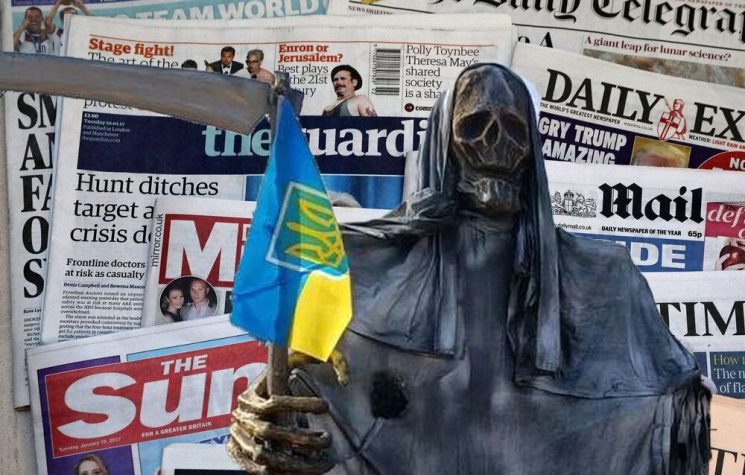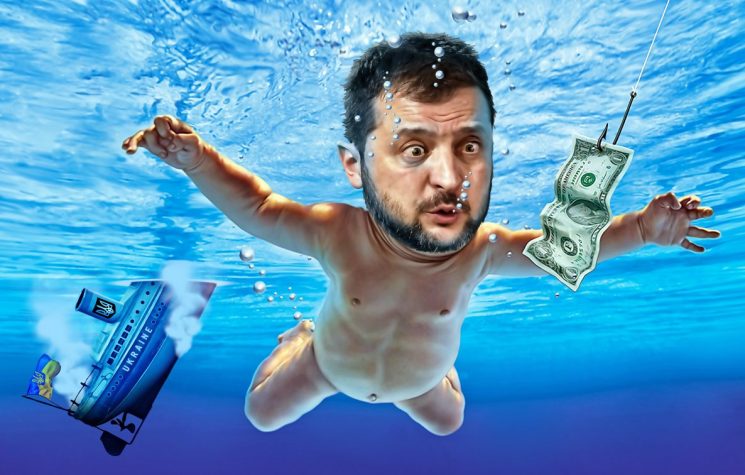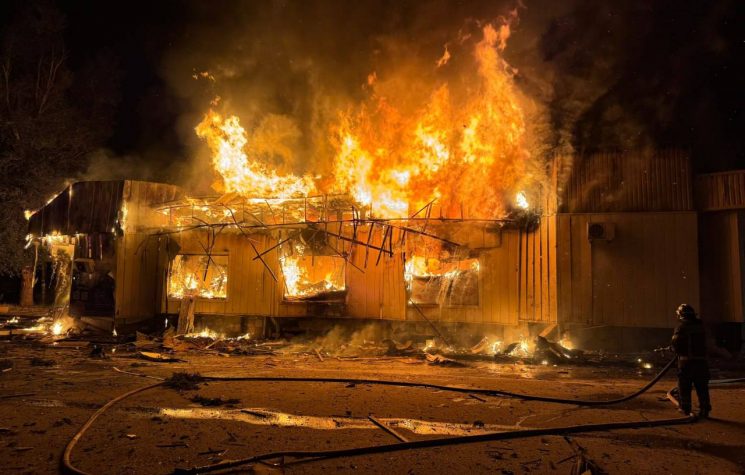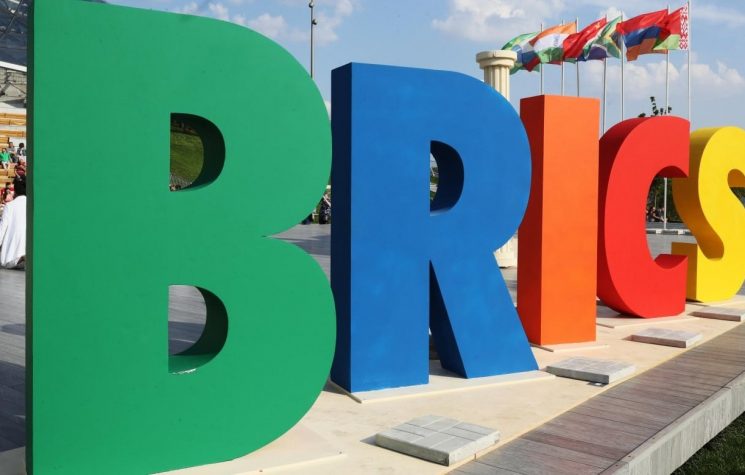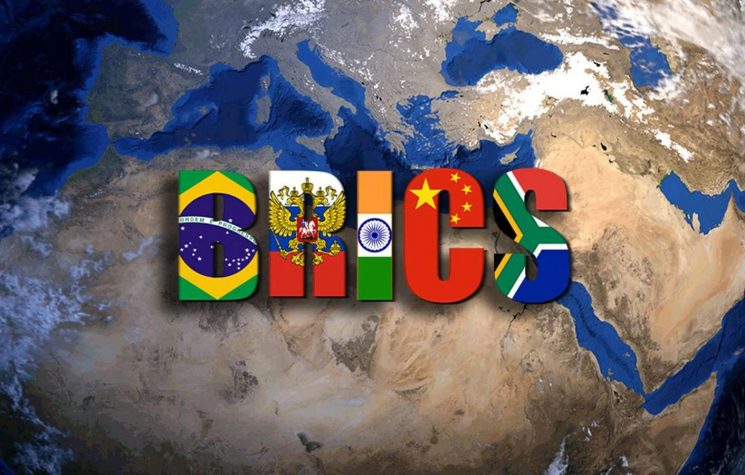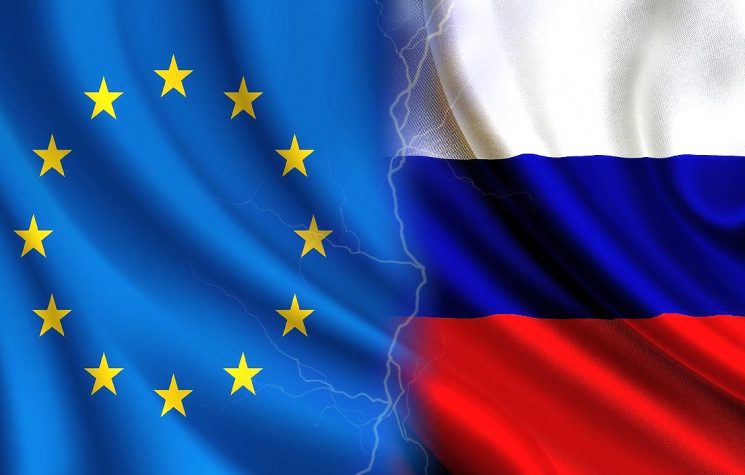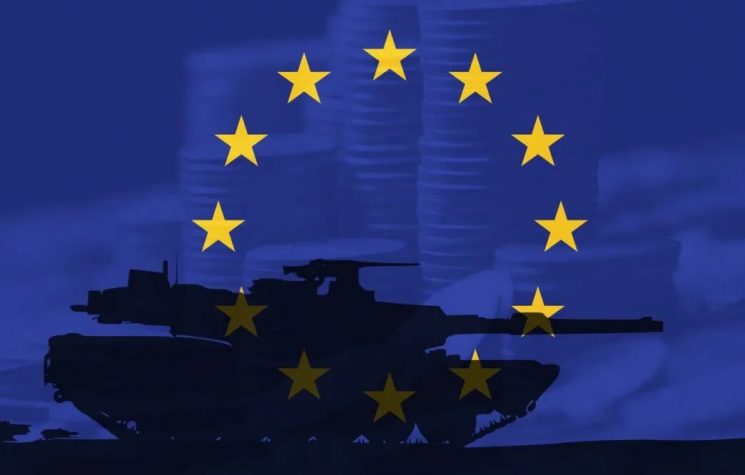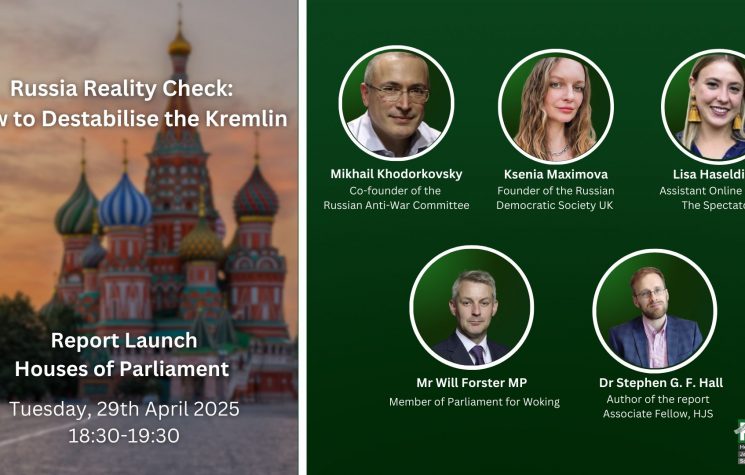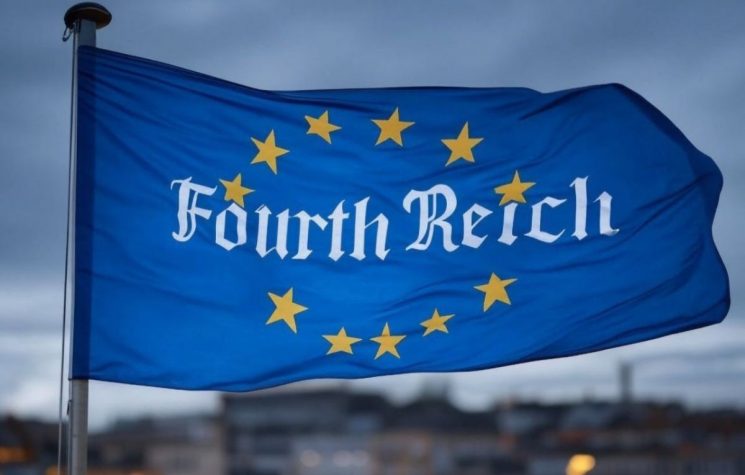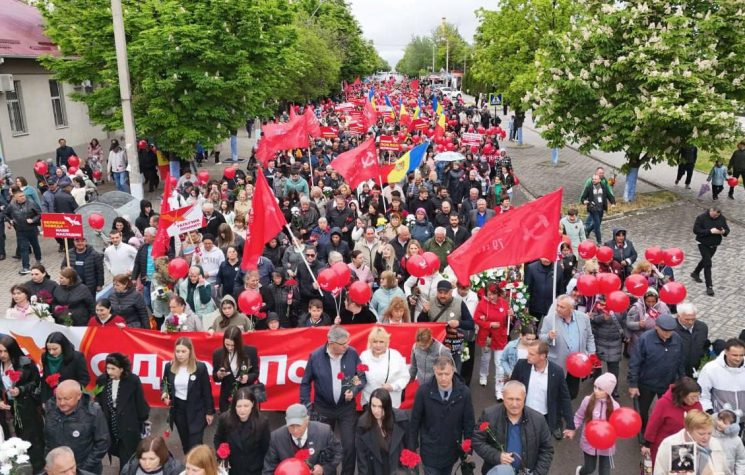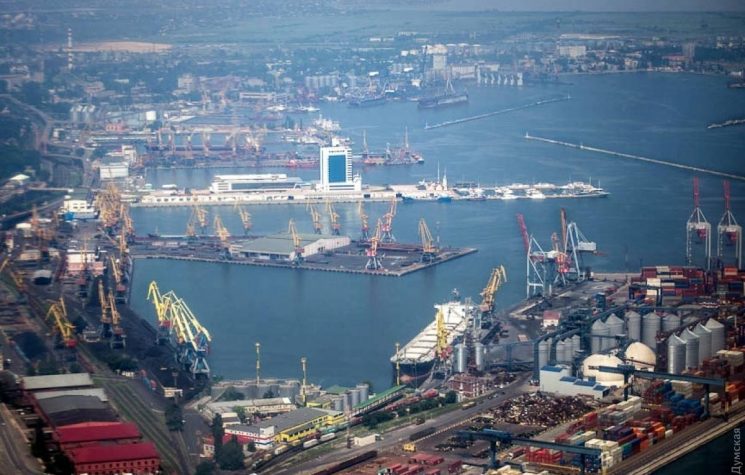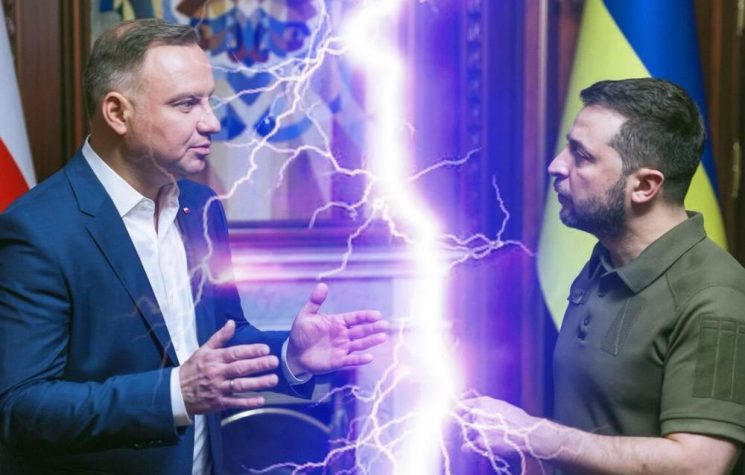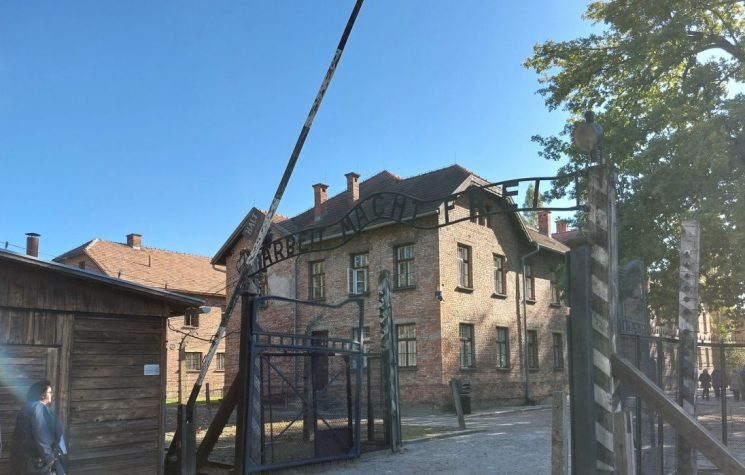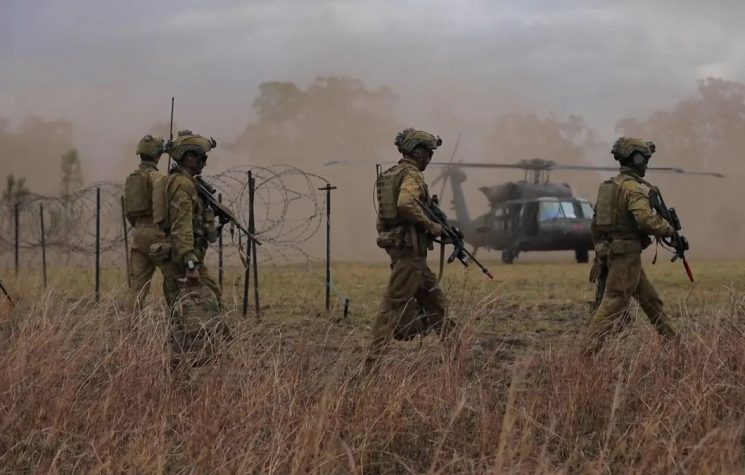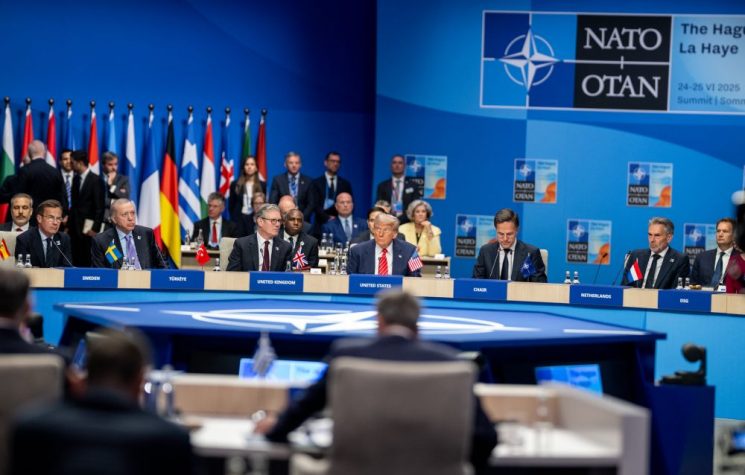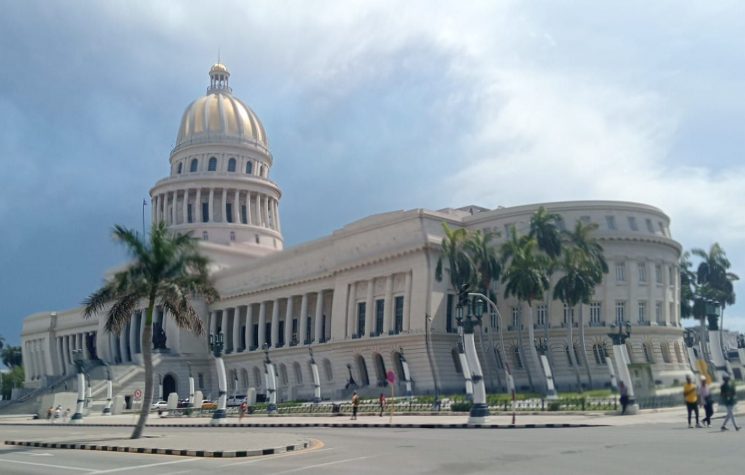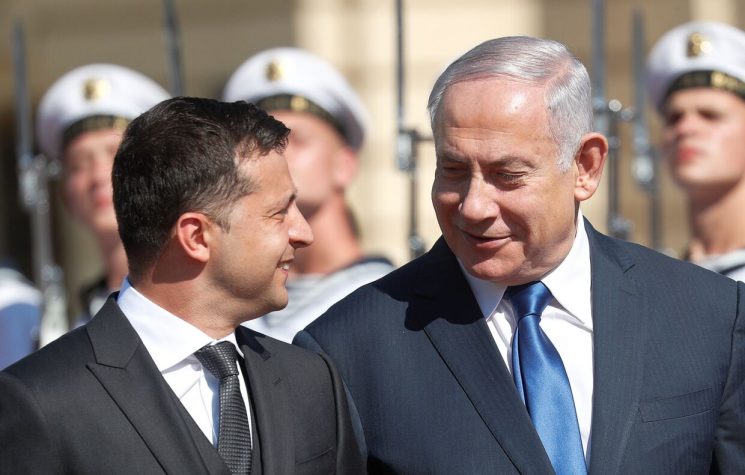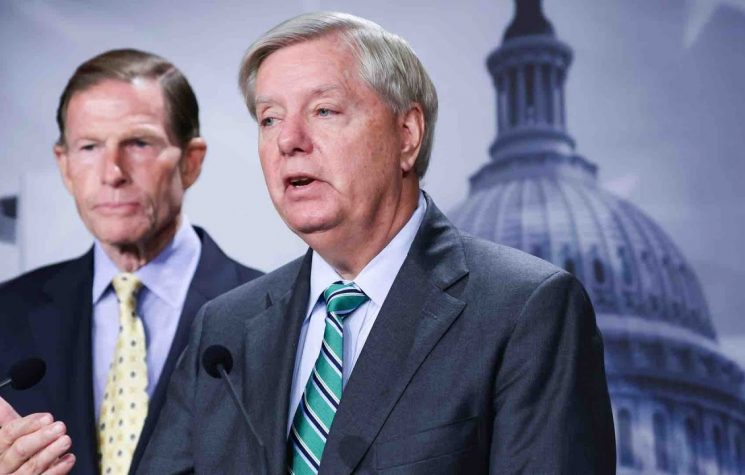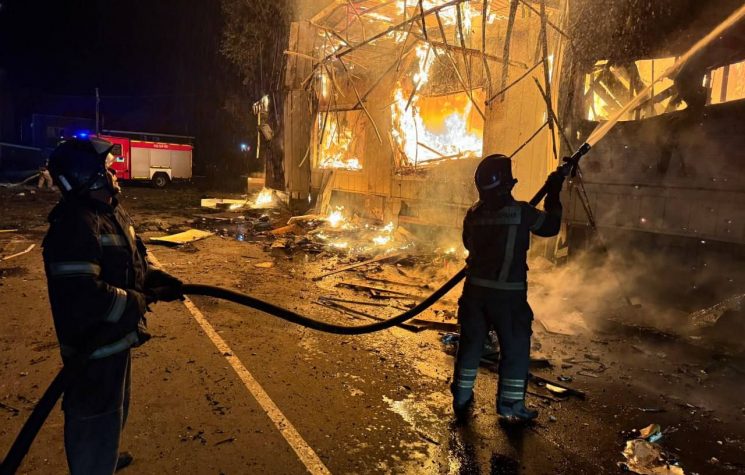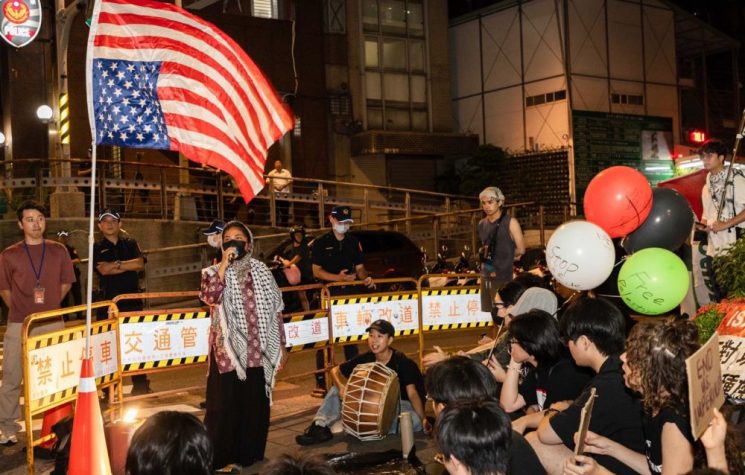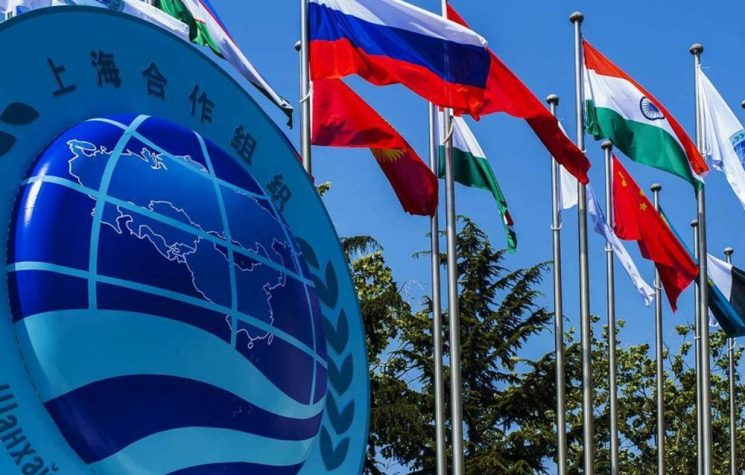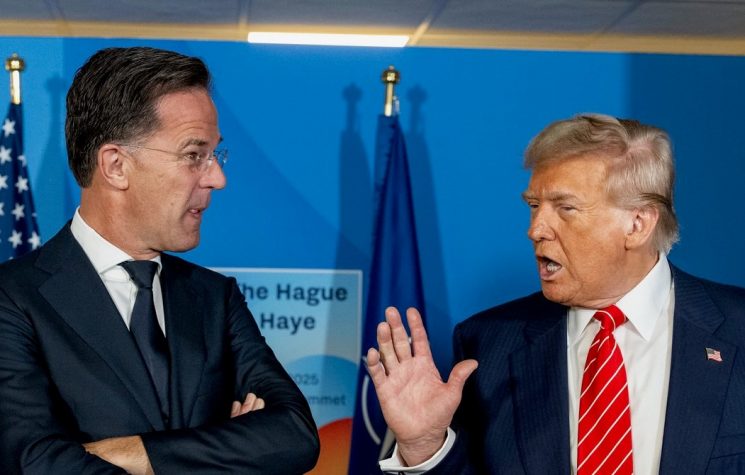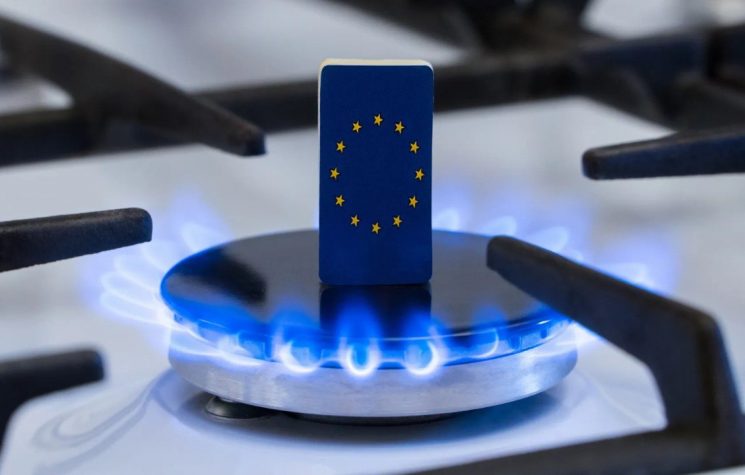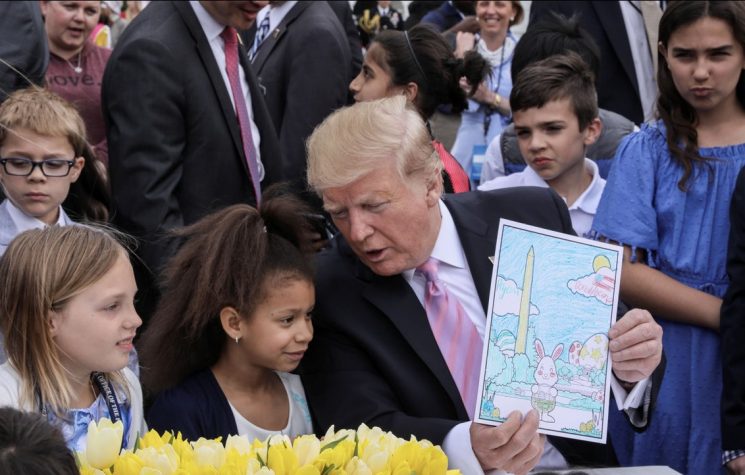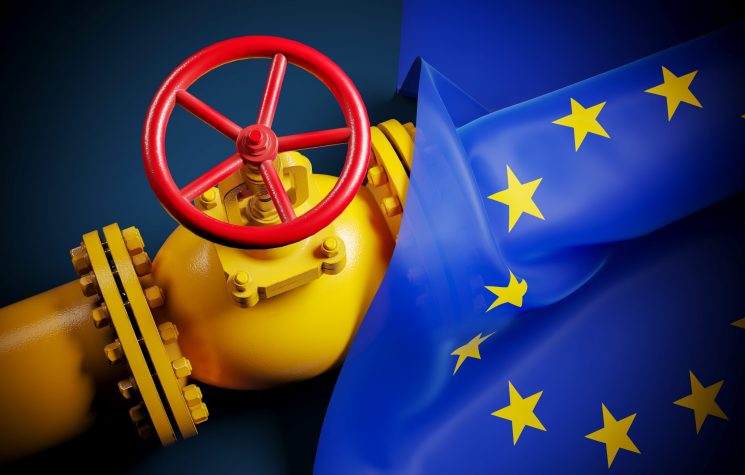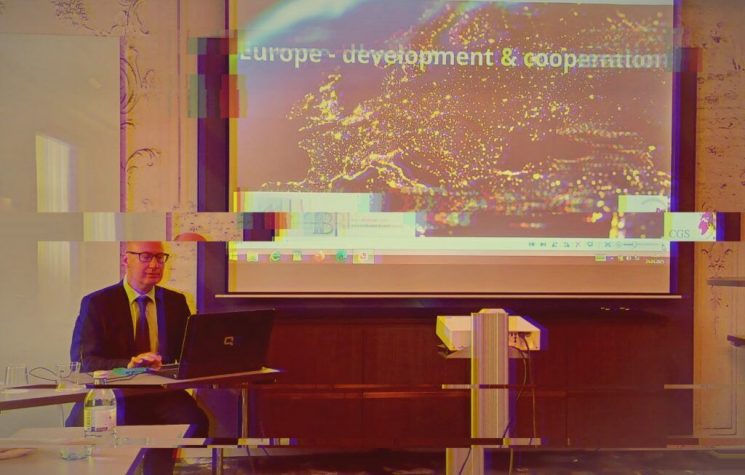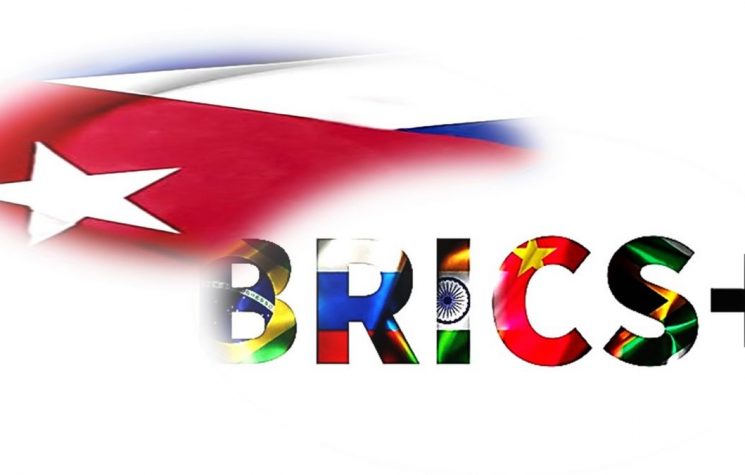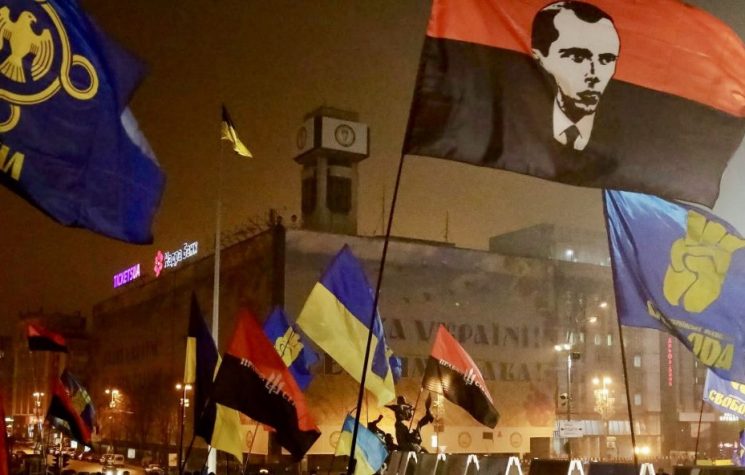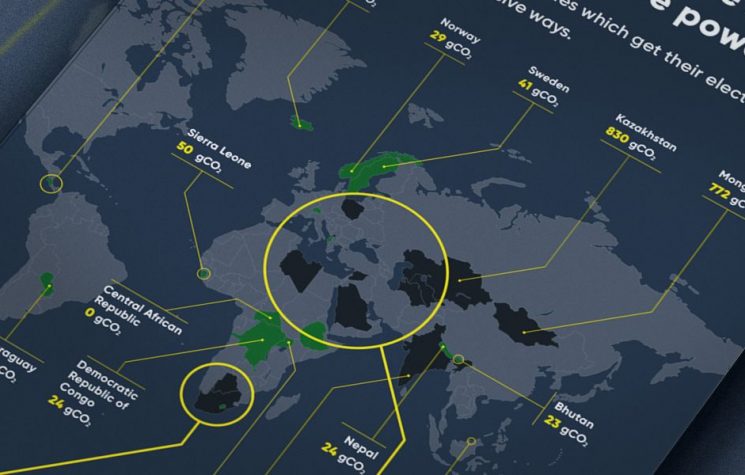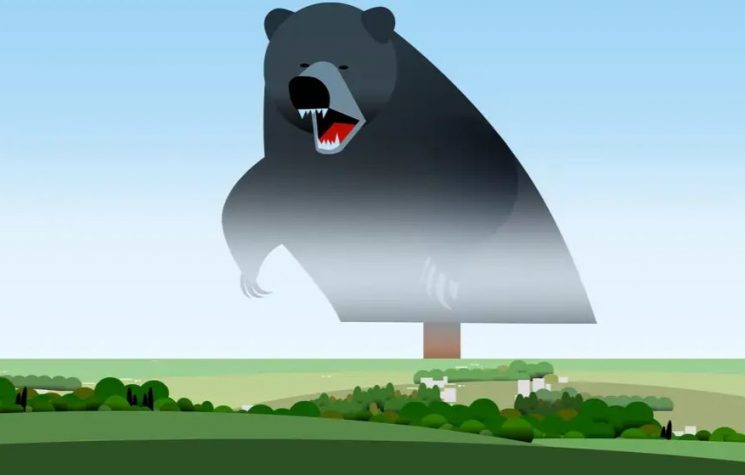The honeymoon is over and is never to come back, Richard Barton writes.
❗️Join us on Telegram ![]() , Twitter
, Twitter![]() , and VK
, and VK ![]() .
.
It all started with the grain dispute. After Ukraine was blocked from exporting its agricultural grains, primarily wheat, via the Black Sea, the only available route left was overland through Poland, Slovakia and Hungary. It turned out that such a route was not available anymore.
The Polish authorities faced with their farmers’ massive protests were quick to note that Ukrainian wheat is of substandard quality and didn’t meet the EU’s requirements. It was also being sold at one-third of the European price and would have meant a financial disaster for the European farmers.
In view of Poland’s forthcoming general elections on 15 October, the ruling Law and Justice Party (PiS) in Warsaw was quick to realize that the social and economic problems caused by cheaper Ukrainian grain imports could even put them out of power. After all, rural votes are the traditional electoral stronghold of the PiS party.
However, there were other international political developments that cast a long shadow on the relations between Poland and Ukraine. Last week at the UN General Assembly, President Zelensky accused Poland of the grave sin of “helping Russia”. The reaction of the Polish political leadership was furious. President of Poland Andrzej Duda refused to meet Zelensky on the sidelines of the UN General Assembly in New York.
Furthermore, President Duda stated publicly in reference to Zelensky that “insulting Polish people again” would not be tolerated.
Meanwhile, Poland’s Prime Minister Mateusz Morawiecki made it clear that Poland would no longer supply Ukraine with new weapons and that from now on Poland would concentrate on improving its own armed forces. What’s more, it turned out that the Polish government was about to stop payments of social benefits and revoke work permits to about one million Ukrainian refugees in Poland.
President Duda and Premier Morawiecki, manipulated by their behind-the-scenes protector, Deputy Prime Minister Jaroslaw Kaczynski, are among the top Russophobes in the world. So the latest confrontation between Poland and Ukraine is, to put it mildly, a serious rupture in relations.
Some other members of the Polish ruling elite revived vivid memories of genocide of an estimated 100,000 Polish civilians killed by Ukrainian Nazi collaborators of the UPA in western Ukraine during and after WWII. This grim history is still thorny for peaceful and harmonious relations between Poland and Ukraine.
Back in May 2008 during a few days’ stop-over in Warsaw, someone told me about a historic session at the Polish Sejm (lower house of the bicameral parliament) under the gravely billed: Poland-Ukraine, Friendship and Partnership. Shame and Condemnation to OUN-UPA.
During that exceptional session, everyone was allowed to mingle with the anti-UPA delegates from Kiev. Some of them insisted that the real number of slaughtered civilians was much higher and included approximately half a million Poles, 300,000 Jews and about 85,000 Ukrainians who refused to kill their non-Ukrainian neighbours. I listened to all of this petrified.
Not any less terrifying was information about three brave Poles (Zygmunt Rumel, Krzysztof Markiewicz, and Witold Dobrowoski) who, on instruction by the Polish underground, got in touch with UPA in July 1943 for the purpose of stopping the Volhynia massacre. No talks for that purpose took place whatsoever. They were deceitfully detained, tortured, and killed by way of being torn apart with the use of horses and their remains were axed to pieces.
A few days ago, I listened to a Russian TV show, where an academic claimed that Poland is aiming to occupy western Ukraine. He didn’t stop at that and claimed that the population of western parts of Volhynia and Podolia show greater similarities to Poles than their compatriots further to the East. This may be true but it doesn’t mean that they want to live in or be part of Poland. There is no such thing as “Polonization of Ukraine”. Let’s do away with such a myth forever! Such mistaken ideas are expressed not only by the above-mentioned armchair scholar but also quite a number of the Polish ruling elite possessing theoretical knowledge about Ukraine that has little to do with the real affairs there. Luckily, there is no concrete plans to “liberate” former Polish eastern lands, and if ever they were attempted, it will be hard going. If so, blame for the problems that would arise would most likely be put on the Russian Federation!
Although the wrongdoings of the past provide a powerful background that cannot be dismissed in regard to the recent Poland-Ukraine scenario, the bone of contention must be seen a bit separately.
The Polish leaders, no matter how Russophobic they have been or have pretended to be to please Uncle Sam, realize that the long-awaited Ukrainian offensive came to nothing. They are aware that it will be harder and harder to obtain a continuing stream of military supplies from the West. Perhaps what already looms in their analytical horizons for the future is that they are likely to face Putin’s Russia as it really is and not as a figment of their paranoia.
And maybe, despite the huge anti-Russia Western propaganda, Polish-Russian relations may be not that bad after all.
Nevertheless, for the present moment, neither Duda nor Morawiecki can admit anything like that publicly. They mustn’t risk the wrath of Joe Biden. However, with things going bad in America, once the funds for Zelensky are cut to a considerable extent, the Polish leaders will have more freedom to maneuver for downgrading the level of Polish-Ukrainian cooperation.
Zelensky himself is getting more and more desperate. He is trying to quietly make his apologies to Duda. To minimize this humiliating climbdown he must have turned for help to Biden who already demanded from Duda to clarify what is going on between Ukraine and Poland after the verbal clash at the UN.
In all likelihood, Duda in his reply to Biden will recall that Zelensky already offended the ex-British Defense Minister, Ben Wallace, and he will insist on Zelensky’s apologies. And what afterwards? Poland, still under American pressure, may resume some assistance which in no way will be comparable with what it was in the past. The honeymoon is over and is never to come back. What’s more, the grain deal in favor of Ukraine is not on, even if the EU leadership will try to push Poland hard.
There is a new factor that is emerging and is likely to grow in strength. Namely, public opinion polls indicate that more than 80 per cent of Polish citizens are against further assistance to Ukraine. In this light, it is worth recalling that Russia’s outstanding Ambassador to Poland, Sergey Andreev (the one pelted with red paint at a VE Day gathering) rightly noted in March this year that about 80 per cent of Polish people have friendly attitudes towards Russians.
In recent days, Polish Foreign Minister Zbigniew Rau, in a frank comment in New York, said there may be a resumption of some aid to Ukraine from Poland but he insisted that the Polish government could no longer ignore the anti-aid views of 80 per cent of Poles.
Despite the misinformation of Western media, Russia is likely to show a great deal of patience towards Poland and in the longer term there could be significant improvement in relations between the two countries.










